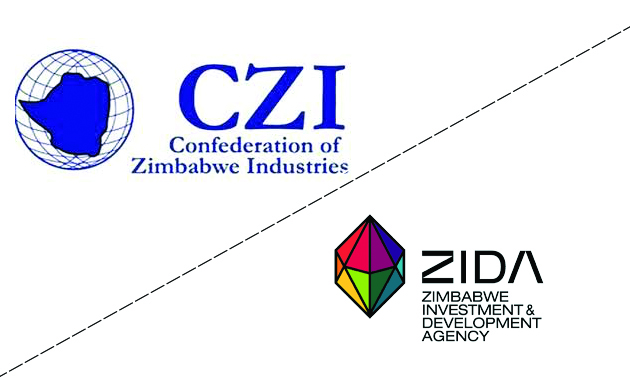Geopolitical tensions, increasing debt, climate change strain Africa’s growth – UNECA

Leonard Ncube, [email protected]
GEOPOLITICAL tensions, increasing debt and the negative impact of climate change are some of the major challenges that negatively affect Africa’s economic growth momentum.
Finance, Economic Development and Investment Promotion Minister, Professor Mthuli Ncube, said this today at the ongoing 56th Session of the United Nations Economic Commission for Africa (UNECA) Conference of Finance Ministers in Victoria Falls.
The conference runs until Tuesday under the theme: “Financing the Transition to Inclusive Green Economies in Africa: Imperatives, Opportunities, and Policy Options”.
Prof Ncube who is the current chair of the platform, said although the continent has large tracks of irrigation farming land only about 13 was being used for irrigation.
He said the continent has vast water bodies to irrigate and all that is needed is investment in advanced irrigation technology and enough funding to climate-proof agriculture for food-security.
Prof Ncube said Africa is disproportionately affected by the negative impact of climate change, which includes extreme weather impacts such as droughts, floods, and heat waves yet the continent’s greenhouse gas emissions are relatively low compared to the rest of the world, accounting for less than five percent of global emissions.
There is, therefore, for funding for transition to smart energy.
“Financing the transition to inclusive green economies comes with a cost and we need to finance this transition with the support of the international community and promoting investment in renewable and environmentally friendly sources of energy,” said Prof Ncube.
“Therefore, the continent needs additional financing mechanisms to meet this growing demand. The emergence of non-traditional lenders in recent years has also complicated the debt resolution process.”
According to the Intergovernmental Panel on Climate Change (IPCC), the 10 warmest years in the 174-year record have all occurred during the last decade (2014–2023).
This trend is attributed to the ongoing effects of climate change, including the greenhouse effect and the loss of ice and snow cover.
Prof Ncube said the impact is worsened by the fact that many African countries lack the resources and infrastructure to adapt to climate change.
“This has led to increased poverty, crop losses, and the loss of human lives, hence the need for a just and fair energy transition. In our region, as a result of climate change, in March 2019 Cyclone Idai led to the loss of over 1 000 people in Mozambique. It caused widespread devastation in Zimbabwe, with at least 259 people losing their lives and leaving over 500 000 people in need of assistance,” he said.
“It destroyed homes, roads, and bridges, cutting off access to food, clean water, and medical care. In Malawi, the Cyclone affected nearly 900,000 people, with more than 230,000 people displaced.
“Currently, drier-than-average conditions have become dominant across the southern region and the impact is more severe along the belt extending from the northern half of Namibia, Angola, Botswana, Zambia, and Zimbabwe into most of Mozambique.
“This, therefore, calls for concerted efforts for rapid and deep emissions cuts by the developed countries and accelerated actions to adapt to climate change to limit the severity as the least polluting countries in Africa are the most affected.”
According to the United Nations Environment Programme (UNEP), the total cost of transitioning to a low-carbon and climate change-resilient economy in Africa is estimated to be around US$130-170 billion annually until 2030.
This includes the costs of investing in clean energy, sustainable agriculture, water management, and building climate-resilient infrastructure.
However, the benefits of making this transition are estimated to be much higher, with a potential net benefit of up to US$3 trillion per year by 2030.
Developed countries have made commitment through the Conference of Parties to a collective goal of mobilising US$100 billion per year b for climate action in developing countries, in the context of meaningful mitigation actions, funding for adaptation, technology transfer and capacity building and transparency on implementation of these commitments.
Four years after the commitment commencement date in 2020, no African country has received the US$100 billion in climate finance.
Through the African Leaders Nairobi Declaration on Climate Change and Call to Action, Africa can be a global powerhouse for climate action and to be a green industrial hub especially through unlocking the renewable energy resources endowed in member states.
For example, Zimbabwe has investment opportunities in solar energy, critical minerals, like lithium and hydro energy.










Comments